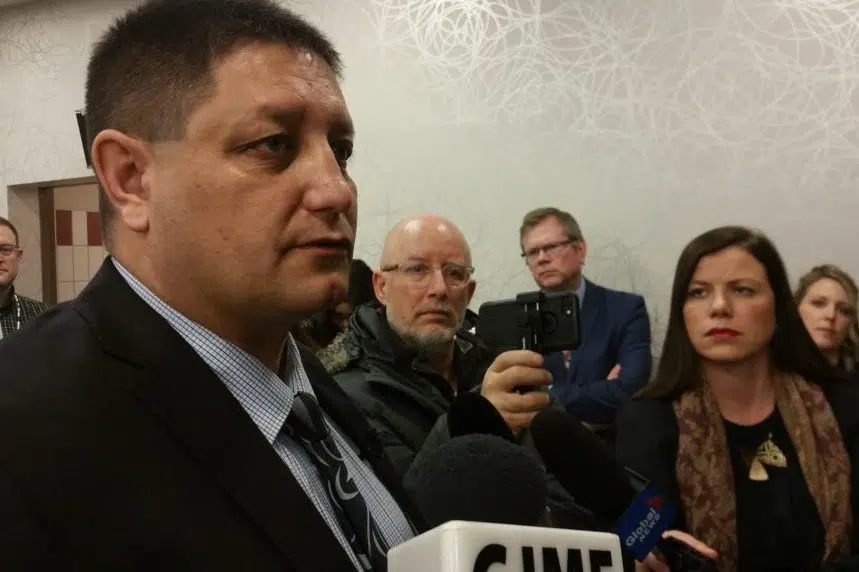As of next Monday, the Province of Saskatchewan will be discontinuing the practice of birth alerts.
Birth alerts are notifications that would be sent to a mother’s file prior to labour if the mother was deemed by case workers or hospital staff as unfit to care for her child. The child then could be seized by officials from the Ministry of Social Services.
The discontinuation of the practice aligns with recommendations from the Missing and Murdered Indigenous Women and Girls Inquiry, the Truth and Reconciliation Commission’s Calls to Action and the federal Indigenous child welfare legislation, according to a statement by Janice Colquhoun, executive director Indigenous Services with Child and Family Programs at the ministry.
Saskatoon Tribal Chief Mark Arcand said he believes this is a great thing for the province.
“In this day in age of 2021, we really have to focus on the preventative measures and proactive measures of supporting the moms. We don’t just find out they’re giving birth today — it’s a nine-month process — so (we’re) working with these mothers and these families to make sure that we have every piece of support in place,” he said.
Within the past year, the ministry has been conducting engagement sessions on the criticized practice. Arcand said he was a part of those engagement sessions, and has been an advocate for the discontinuation.
Arcand said from 2016 to 2020, 537 infants were apprehended within their first 30 days due to the practice, with 401 of the infants being Indigenous.
“Seventy-five per cent of those kids were Indigenous. That’s a significant bunch of kids in care which never should have been there. We’re taking a good step here. Now the case is how do we get those children home?” he said.
“There has to be a whole program definition to change it, so we can actually be proactive and the mothers don’t go alone and they are worried about having their kids apprehended so we can actually turn it around and we can say, ‘OK, we have all the systems in place,’ whether it’s housing, whether it’s nutrition, whether it’s caregivers, whatever it may be.”
Arcand continued to speak of the trauma throughout families within Saskatchewan due to the practice.
“When the moms and family are feeling that type of trauma, to have the children ripped out of their arms at the hospital, it leads to a lot of trauma. And it leads into a negative circumstance of when they’re going to get their kids back, who’s helping them? How do they want to become better parents?” he said. “It really leads into a tough situation.”
Arcand thanked Minister Lori Carr for her work on the file multiple times throughout an interview with 650 CKOM.
He did have a hopeful outlook on the future when it comes to these types of decisions from the government level to ensure children have the right resources and systems in place for their futures.
“Maybe in this day in age, Saskatchewan should start leading the way by example, and having other provinces fall on these tough decisions,” he said.











